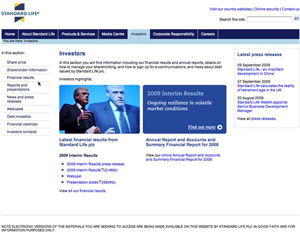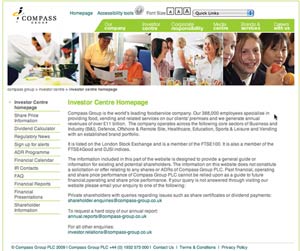According to this story from CIOZone, a recent study by staffing firm Robert Half asked 150 senior executives (from among the 1,000 largest U. S. companies) how they would be most likely to spend money on employee-related priorities. New hiring was the top choice for 31%, followed by salary increases (21%), bonuses (15%), and training (9%). Just 5% chose enhancing benefits.
But is it really all about money? In a related blog post, commentator Ellen Pearlman says:
It’s time for managers and HR executives to identify the various needs their employees have and to craft reward systems that are more personal . . . One worker may need a flexible schedule to take care of an aging parent, another may need to leave early on Wednesdays to get to a class, and still another may want to work four days a week and have a day off to pursue other interests. Some may welcome a special assignment overseas or the opportunity to work with a skunkworks group researching a new product.
As Pearlman points out, this personal approach is much harder than just adding a little to everybody’s paycheck. It may carry a lot of added value, though, especially among employees who have lost their passion for the company. And that group is apparently growing.
CIOZone notes that the annual U.S. Strategic Rewards survey from consulting firm Watson Wyatt and HR non-profit WorldatWork finds employee engagement levels falling 9% from last year’s survey—and “top performers” were even more likely to be disengaged (a 25% topple). There was also a 14% increase in the number of employees who have already started a new job search.
With so many people unemployed . . . it seems like having a job is a reward in itself. But in many cases, pay cuts or freezes, shrinking opportunities, and/or increasing workloads are sapping employee satisfaction. When hiring picks up, these folks may bolt for greener pastures–so now may be the time to find ways of rewarding them without spending more money.
Relevance for the corporate Careers site? Employees disengaged from their companies are perfect passive candidates. If they aren’t actively looking, they may start any minute, and if they stumble across an interesting opportunity (or receive just the right email) they may be persuadable. So it’s a good time for the Careers site to highlight content that promotes engagement—rewards, opportunities, culture, and support for the pursuit of happiness. It’s also a good time to enhance communications and work on building connections. When the hiring money flows again, having a good candidate pool will be a significant competitive advantage.
(Thanks to eye of Einstein for our greener pastures.)


 Tracking online activities isn’t new, but only in recent years has it become the “must-try” marketing strategy. With Google leading the way, more and more consumers are catching onto exactly what behavioral tracking and ad targeting online means, and they don’t like it.
Tracking online activities isn’t new, but only in recent years has it become the “must-try” marketing strategy. With Google leading the way, more and more consumers are catching onto exactly what behavioral tracking and ad targeting online means, and they don’t like it.